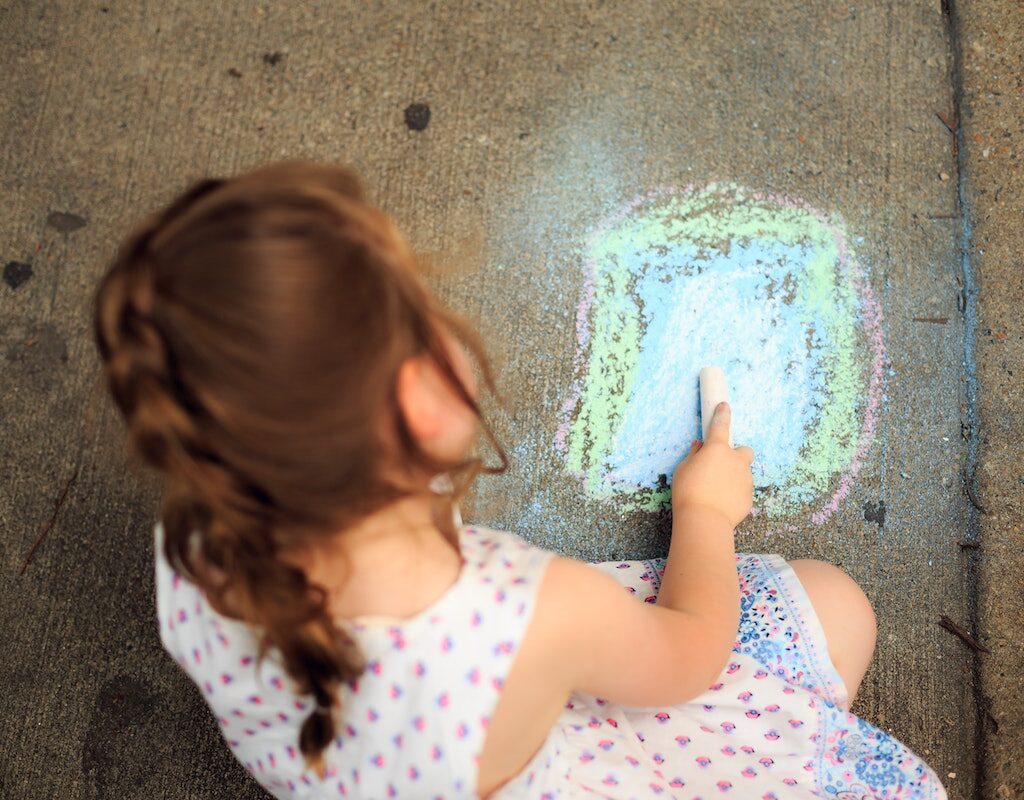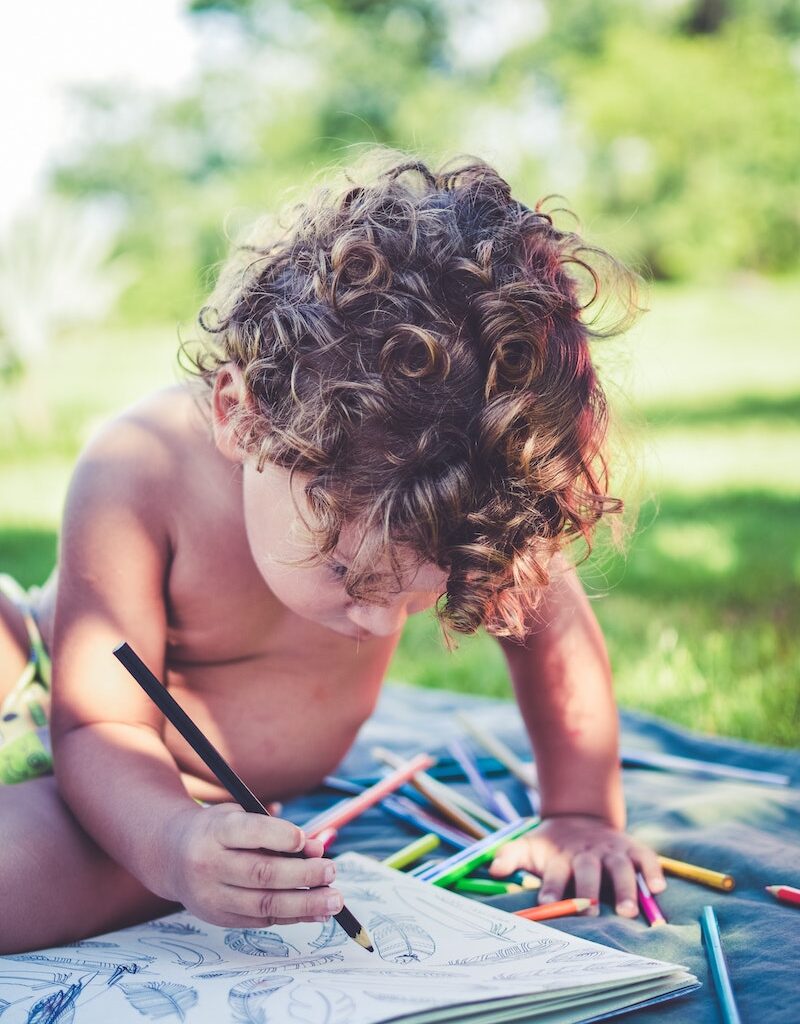Ignite the spark of imagination in your child! Nurture their creativity with these 12 ways to foster creativity in your kids. From providing an open-ended environment to fostering curiosity and collaboration, these tips will empower your child to unleash their creativity and thrive. Discover how you can cultivate a lifelong love for creativity in your little one and watch their imagination soar to new heights. Get ready to embark on a creative adventure with your child and unlock their limitless potential!

Encouraging creativity in children is important for their cognitive, emotional, and social development. Here are 12 inspiring ways to foster creativity in children:
- Provide an Open-ended Environment: Create an environment that encourages exploration, experimentation, and self-expression. Offer open-ended toys, art supplies, and materials that allow children to create freely without strict guidelines.
- Allow for Unstructured Play: Give children ample time for unstructured play, where they can use their imagination, create their own games, and solve problems on their own. Avoid over-scheduling and allow for free playtime.
- Emphasise Process Over Product: Focus on the process of creating, rather than the end result. Encourage children to enjoy the journey of creating, rather than solely focusing on the final outcome.
- Encourage Divergent Thinking: Encourage children to think outside the box and come up with multiple solutions to problems. Avoid limiting their ideas or stifling their creativity with overly critical feedback.

- Support Risk-taking: Encourage children to take risks and embrace failure as a learning opportunity. Help them develop a growth mindset, where they see challenges as opportunities to learn and grow.
- Foster Curiosity: Encourage curiosity by asking open-ended questions, providing opportunities for exploration and discovery, and exposing children to new experiences and ideas.
- Offer a Variety of Art Forms: Expose children to different forms of artistic expression, such as drawing, painting, sculpting, dancing, and music. Allow them to explore and find what resonates with them.
- Encourage Collaboration: Foster opportunities for collaborative creativity, such as group art projects, team-building activities, and brainstorming sessions. Encourage children to bounce ideas off each other and work together to create something new.
- Provide Positive Reinforcement: Offer positive feedback and praise for children’s creative efforts, regardless of the outcome. Celebrate their unique ideas and creations to boost their confidence and motivation to continue being creative.

- Model Creativity: Be a role model for creativity by engaging in your own creative pursuits and expressing appreciation for art and creativity in your daily life. Children are more likely to be creative when they see creativity valued and practised by adults around them.
- Avoid external rewards: When it comes to fostering creativity in children, it’s important not to rely solely on external rewards. External rewards, such as stickers, treats, or prizes, can shift the focus from the joy of the creative process to the desire for rewards. This can hinder intrinsic motivation and creativity in children. Instead, focus on intrinsic rewards such as the satisfaction of creating something unique, the joy of self-expression, and the pride of accomplishment. Praise and acknowledge their efforts and creativity without resorting to material rewards.
- Reduce Screen Time – Excessive screen time, such as watching TV, playing video games, or using smartphones and tablets, can limit opportunities for creativity in children. Screens can be passive and restrict children’s imaginative play and self-expression. By reducing screen time, children can engage in other activities that stimulate their creativity.
Remember, creativity is a personal and subjective process, and each child is unique in their creative expression. By providing a supportive and open-ended environment, encouraging exploration, and celebrating their creativity, you can help children develop their creative potential and foster a lifelong love for creativity.

